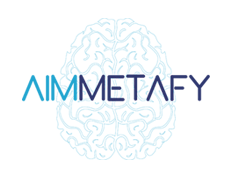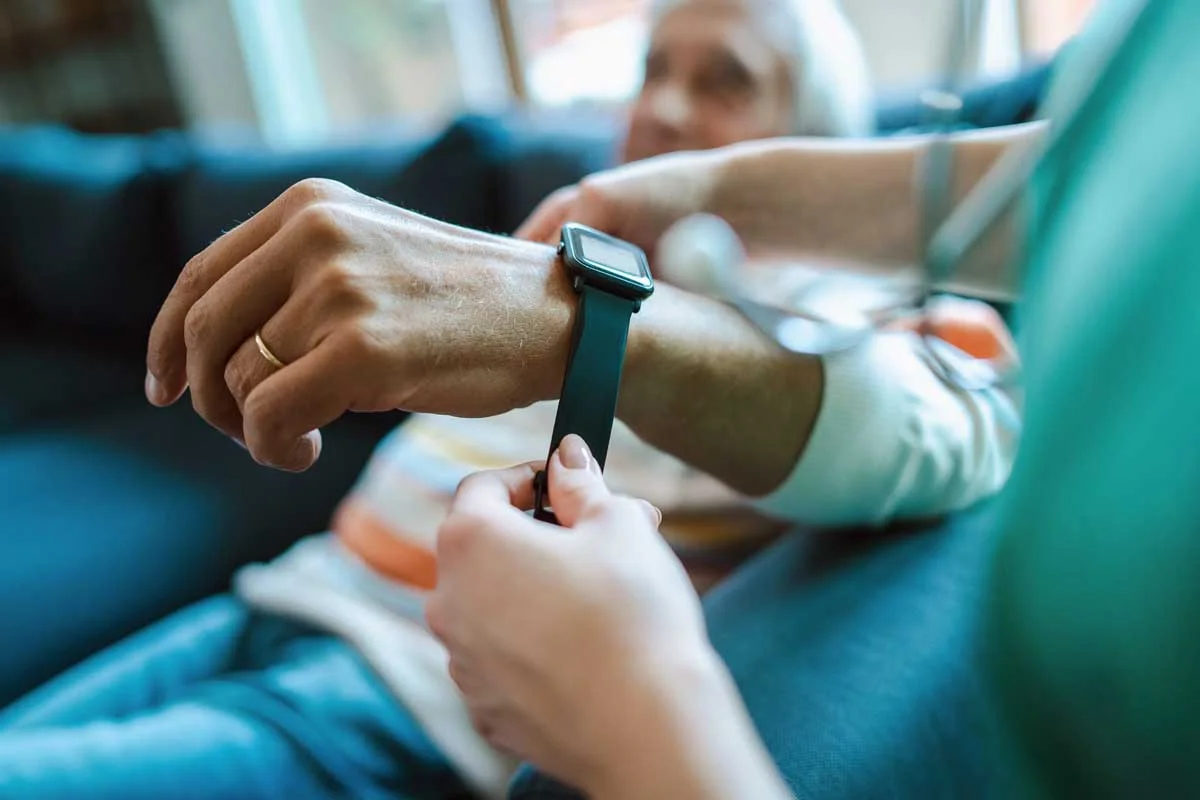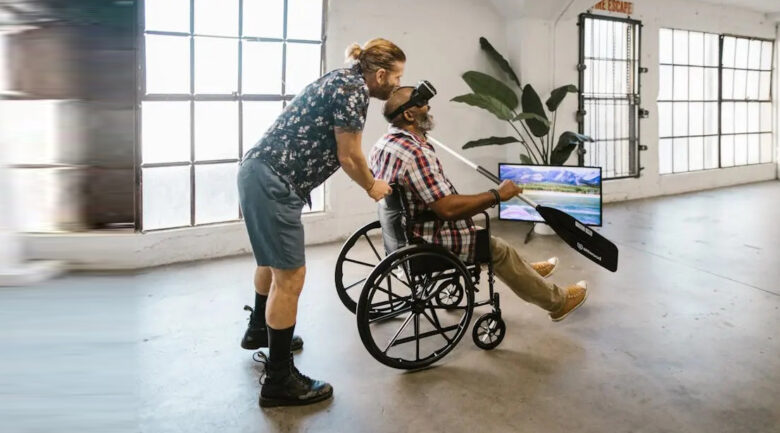Introduction
Dementia is a progressive condition that affects millions of people worldwide, leading to cognitive decline and memory loss. Patients often face challenges remembering basic things like where they are or how to get home as the disease progresses. This can be extremely worrying for both the patients and their loved ones. Fortunately, advancements in Internet of Things (IoT) technology have introduced innovative solutions to enhance the safety and independence of dementia patients.
The Role of IoT in Dementia Care
The Internet of Things (IoT) refers to the network of interconnected devices that communicate with each other to collect, exchange, and analyse data. In the context of dementia care, IoT devices can monitor patients’ health, track their movements, and even alert caregivers in case of emergencies. These devices not only improve the quality of life for dementia patients but also provide peace of mind for caregivers.
Wearable Monitors
One of the most promising IoT devices for dementia patients is wearable monitors. These devices come in various forms, such as smartwatches, GPS-enabled pendants, and shoe inserts. They help caregivers track the patient’s location and monitor their health metrics, such as heart rate, sleep patterns, and activity levels. For instance, the Angel Sense Life Saving Alert System offers GPS tracking, fall detection, and two-way communication, providing peace of mind for caregivers.
Wearable monitors help prevent wandering, a common issue among dementia patients. By using GPS technology, these devices can alert caregivers when a patient leaves a designated safe area. This feature is especially valuable for patients prone to getting lost or disoriented. Additionally, wearable monitors can track vital signs and detect sudden changes in the patient’s condition, allowing prompt medical intervention.
Smart Medication Dispensers
Another critical aspect of dementia care is medication management. Dementia patients often have difficulty remembering to take their medications, which can lead to serious health complications. Smart medication dispensers ensure that patients take their medications correctly and on time. These devices come with features like alarms, reminders, and remote monitoring. The Hero Health Smart Pill Dispenser, for example, can hold up to 90 days’ worth of medication and send alerts to caregivers if a dose is missed.
Smart medication dispensers can be programmed to dispense the correct dosage at the right time, minimizing the risk of medication errors. Some devices also have tamper-proof features to prevent patients from accessing medications outside of scheduled times. By automating the medication management process, smart dispensers reduce the burden on caregivers and ensure that patients receive their medications consistently and accurately.
Safety and Environmental Monitoring
In addition to wearable monitors and smart medication dispensers, IoT devices can also enhance safety and environmental monitoring for dementia patients. For example, smart home systems can detect changes in the patient’s environment, such as temperature fluctuations or smoke, and send alerts to caregivers. These systems can also automate lighting and temperature controls to create a comfortable patient living environment.
Safety sensors, such as motion detectors and door sensors, can be installed throughout the home to monitor the patient’s movements. If a patient attempts to leave the house or enters a restricted area, the system can notify caregivers immediately. This level of monitoring helps prevent accidents and ensures that patients remain safe within their homes.
Benefits of IoT Devices
IoT devices offer numerous benefits for dementia patients and their caregivers. They provide real-time monitoring, reduce the risk of wandering, and enhance the patient’s autonomy. Additionally, these devices help caregivers manage their stress and anxiety by offering a reliable way to keep track of their loved ones.
IoT devices can improve patient’s quality of life by promoting independence and reducing the need for constant supervision. Patients can move around more freely and engage in daily activities with the assurance that help is always available. On the other hand, caregivers can benefit from the peace of mind that comes with knowing their loved ones are safe and well-monitored.
Future Prospects
As technology advances, the potential for IoT devices in dementia care is vast. Future developments may include more sophisticated sensors, enhanced artificial intelligence algorithms, and seamless integration with other healthcare technologies. These advancements could lead to even more effective monitoring and management solutions for dementia patients.
Researchers are also exploring the use of IoT devices for early detection of cognitive decline. By analysing data from wearable monitors and other sensors, it may be possible to identify early signs of dementia and intervene before the condition progresses. This proactive approach could significantly improve patient outcomes and reduce the overall burden of dementia on healthcare systems.
Conclusion
Integrating IoT devices into dementia care represents a remarkable advancement in enhancing the overall quality of life for patients and their caregivers. By harnessing the power of wearable monitors that track vital signs, smart medication dispensers that ensure timely and accurate dosing, and other innovative IoT solutions, caregivers can significantly enhance the safety and autonomy of dementia patients. These technologies not only help patients maintain their independence but also alleviate the emotional and physical burdens faced by caregivers. As technological advancements continue to emerge, the potential for IoT devices in dementia care will only expand, unveiling even more creative and effective strategies to support individuals grappling with this complex and challenging condition.






